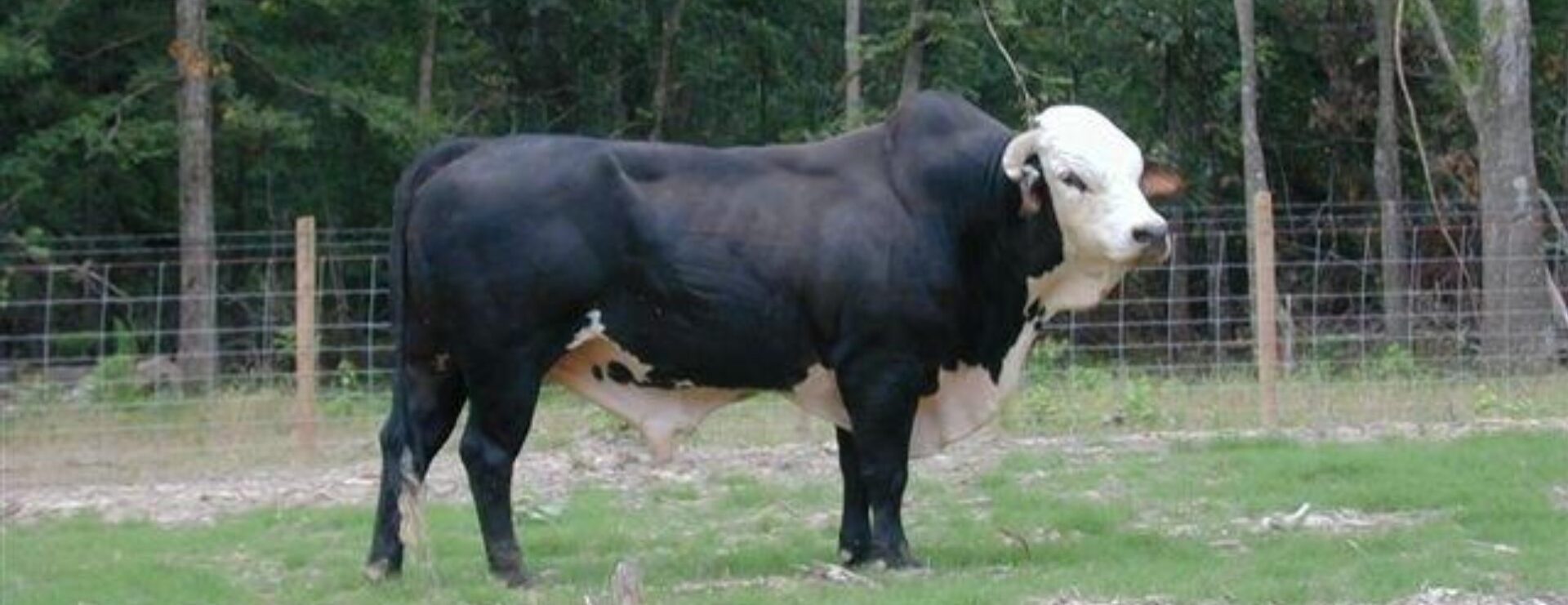Terry Lidral for BST in collaboration with Zoetis PRCA Vet of the Year Dr. John Boyington*
Commonly known as “Trich,” Trichomoniasis is a contagious venereal disease of cattle caused by the protozoal organism Trichomoniasis foetus which is the size of a sperm cell. Potentially devastating to a breeding program, It is highly contagious and is spread from bull to cow through live cover breeding. The organism grows in microscopic folds of the bovine reproductive system.
Bulls contract Trich from infected cows which contract the disease from infected bulls. The disease is not naturally occurring and must be sexually transmitted. Any sexually active bovine can contract the disease if one or the other of the breeding pair is carrying the microorganism. The possibility of bull to bull spread is highly unlikely but there is no guarantee.
Infection in cows can lead to abortion and/or infertility. In the bucking bull industry, where every calf is important to the success of the breeding program, loss of calves and open cows at pregnancy checks can be devastating to the coming year’s calf crop, and even to the program’s entire future. Although the cow may clean themselves of the microorganism in one to four months, there is the possibility that the cow will not clean up and will carry the disease through to the next breeding season. There is no legal treatment for cows with Trich. And cows are not routinely tested. But a cow that is positively pregnancy checked to be at 120 days since gestation is most likely to be free of Trich as she got pregnant and did not abort.
The disease is non-invasive and bulls show no outward signs of carrying the microorganism. The only way to know if a bull is non-infected is to test him. Testing is done on the bull after a 2 week sexual rest. A veterinarian takes a sample from the bull’s sheath and sends it to a qualified lab for a PCR (polymerase chain reaction) test. Unfortunately, Trich tests are not 100 percent accurate and some states require more than one negative test to label a bull clean of the disease. State laws regarding Trich testing vary from state to state.
It is recommended that bulls be tested for Trich before semen collection, although it is not likely that the disease would be passed on by the collection process. Yearly testing is suggested for bulls who may have had contact with neighboring cows.
The bull becomes chronically infected as he matures and his sheath becomes more conducive to the survival and multiplication of the Trich foetus organism. As there is no legal treatment for bulls with Trich, the end result for a bull testing positive with the Trichomoniasis foetus organism is culling from the breeding program. The loss of a quality bucking bull not only affects the future of the breeder’s carefully selected bloodlines, but there is a potential loss of a valuable bovine athlete if the decision is made to terminate the bull for the safety of other valuable bucking stock.
For the bucking bull industry, Trichomoniasis can be a major concern if the proper steps are not taken to protect the bovine athletes who are the heart and soul of the sport. Breeding, which is so carefully controlled for genetics, must be just as carefully controlled for the health and welfare of the bulls in the breeding program.
*Dr. John Boyington lives in Phillipsburg, Kansas with his wife Donna where, for the past 27 years, they have run the Crossroads Veterinary Clinic treating animals from ferrets and parrots to bucking bulls. As a young cowboy growing up in Goodland, KS, Dr. Boyington rodeoed with Colby Community College and qualified for the College National Finals Rodeo in steer wrestling, going on to win the PRCA Phillispburg Rodeo steer wrestling title in 1978. He admires the sport of rodeo and has served as on-site veterinarian for Kansas’ Biggest Rodeo for the past 27 years. In 2015, he was honored with the coveted title of Zoetis PRCA Veterinarian of the Year for his outstanding service to the rodeo.




This is awesome! I learned a lot here about a condition about which I had no idea. I’ll definitely keep closer tabs on this sort of thing. Thanks!